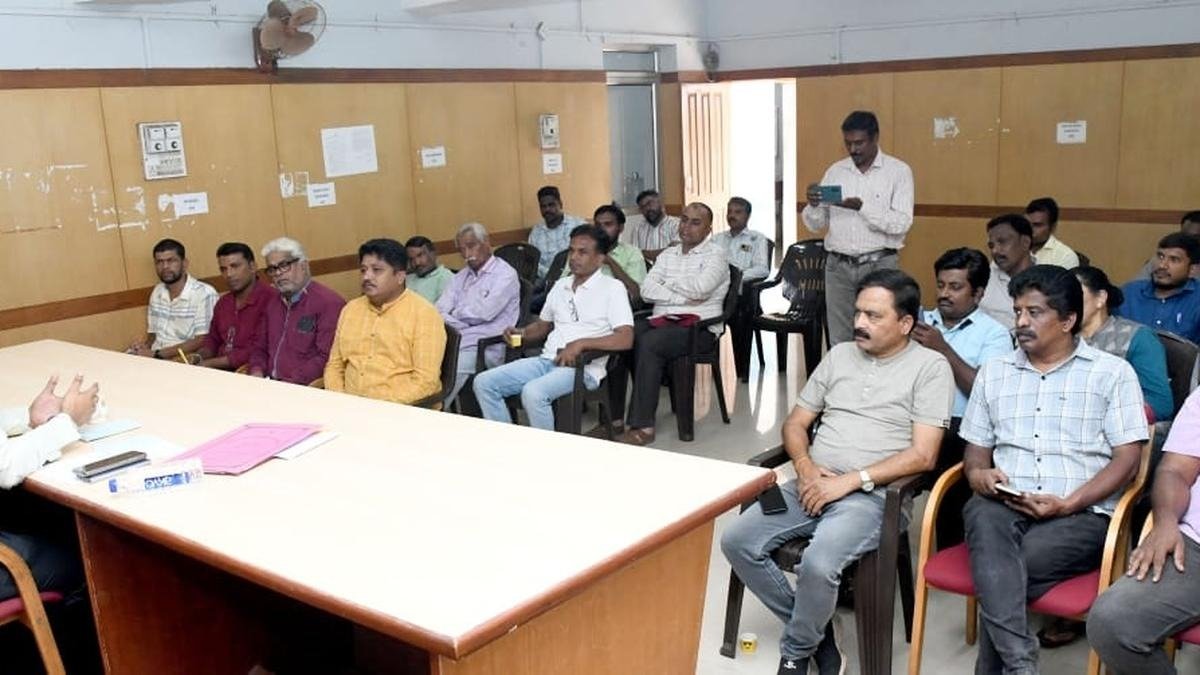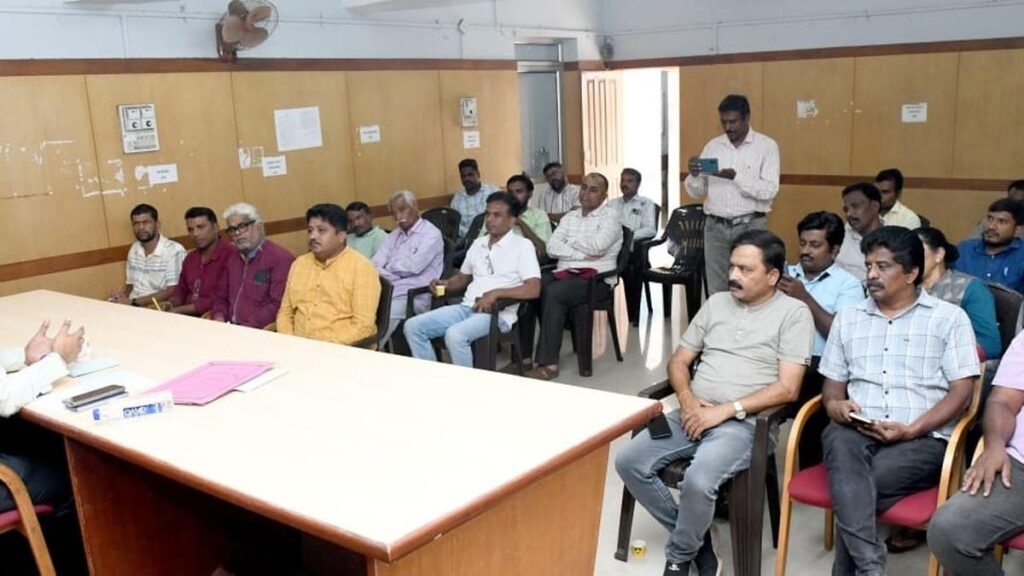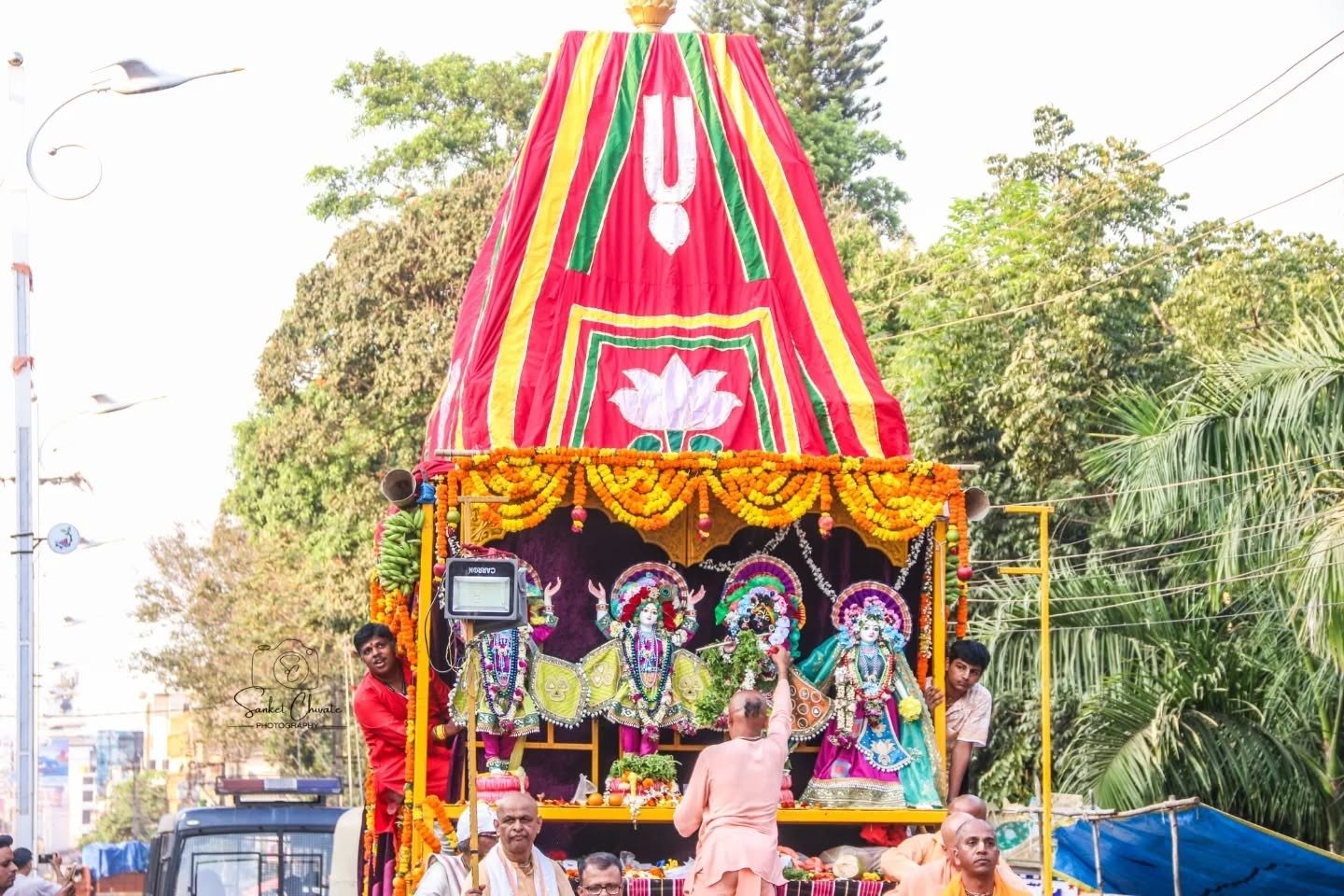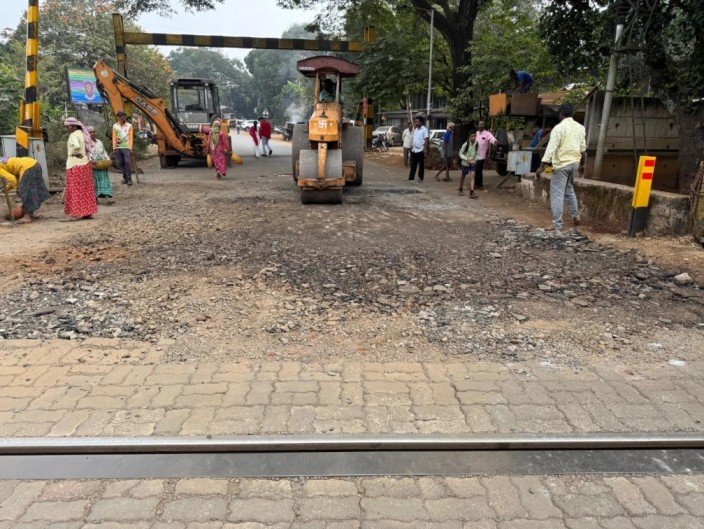
Belagavi Gram Panchayats Collect ₹110 Crore Property Tax

Belagavi, May 8 – In a major boost to rural governance, the gram panchayats of Belagavi district have successfully collected ₹110 crore in property tax this year. Zilla Panchayat CEO Rahul Shindhe shared this achievement during an interaction with journalists. Significantly, the total includes ₹1 crore in arrears and ₹45 lakh in annual tax from Sambra Airport.
For more details : https://www.thehindu.com/news/national/karnataka/gram-panchayats-in-belagavi-district-in-all-collect-110-crore-property-tax/article69545233.ece
e-Aasti Drives Transparency and Efficiency
Importantly, this success stems from the adoption of the e-aasti digital documentation system. As a result, over 20% of rural properties have been digitized. Consequently, tax assessments have become more efficient and transparent.
Villages Save ₹13 Crore Through Smart Cost-Cutting
Moreover, gram panchayats have saved ₹13 crore through strategic steps, such as:
- Switching to LED street lights
- Deactivating unused borewells
- Disconnecting illegal water connections
These savings have allowed rural bodies to redirect funds toward essential public services.
MGNREGA Powers Rural Employment and Assets
Furthermore, the district has generated 1.1 crore person-days of employment through MGNREGA this year. Men and women receive equal pay at ₹370 per day, with women comprising 57% of the workforce. In addition, workers have constructed essential infrastructure, including:
- Water bodies
- Drainage systems
- School compound walls
Thus, the scheme has created both livelihoods and lasting assets.
Swachh Bharat Mission: Progress with Purpose
Under the Swachh Bharat Mission, most villages now have household toilets. Each eligible family received ₹20,000 to support construction. Simultaneously, awareness drives are being conducted to encourage usage. Moreover, sewage and black water treatment plants are under construction to improve sanitation infrastructure.
Addressing Drinking Water Challenges
Although 257 villages experience seasonal water scarcity, the district does not depend on tanker supply. Instead, each gram panchayat maintains its own tanker for emergencies. Additionally, multi-village water projects are currently under development to ensure long-term water security.
People’s Participation is Key
Finally, CEO Shindhe highlighted that community involvement is vital. While government efforts are ongoing, only public cooperation can guarantee success. With tools like e-aasti and active citizen participation, Belagavi’s rural development model continues to set an example for others.
Read also : Jagadish Shettar Reviews Infrastructure Works in Belagavi






